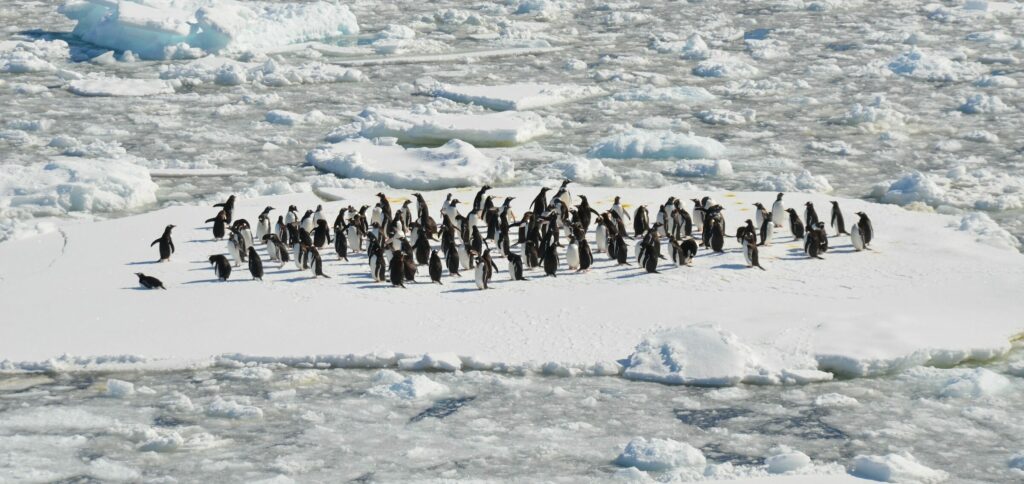To achieve this, 193 countries have discussed in detail since December 3 around 20 objectives to save ecosystems: protecting 30% of lands and seas, reducing pesticides, restoring 20% or 30% of degraded soils, among others.
ADVERTISING
However, consensus on the exact measure of these ambitions seems distant if ways of covering the financial needs to achieve them, estimated at between US$200 and 700 billion, are not established.
Dozens of countries, led by Brazil, India, Indonesia and Africa, call in unison for “financial subsidies of at least US$100 billion per year, or 1% of global GDP by 2030”. The value represents ten times more than current aid.
To cover this amount, the countries of the South want the creation of a new global fund for biodiversity.
ADVERTISING
'The current context is much more favorable”, said this Tuesday (13) the co-chair of the negotiations, Basile Van Havre, after obtaining in November, at COP27 Climate Fund, a fund designed to compensate for climate damage suffered by poor countries.
Not just public money
Create a new global fund biodiversity it would be less effective than reforming existing financial mechanisms, argued this Tuesday (13) Canadian Environment Minister Steven Guilbeault.
His position reflects the consensus among rich countries on the issue.
ADVERTISING
“On the other hand, we have to agree that it cannot just be public money,” he declared. For Guilbeault, it is necessary to “look at all sources of financing”: private, philanthropic and public, as well as “the World Bank, the IMF and other development banks”.
Negotiations take place behind closed doors and it will be up to the Environment Ministers to resolve the matter during the political phase of the COP15, which starts next Thursday (15).
“Donor countries are very careful not to commitpromehave with a promethat they cannot fulfill”, said Van Havre, who said he sees “openness” in Southern countries “who realize that it must be something realistic”.
ADVERTISING
(To AFP)
Read also






